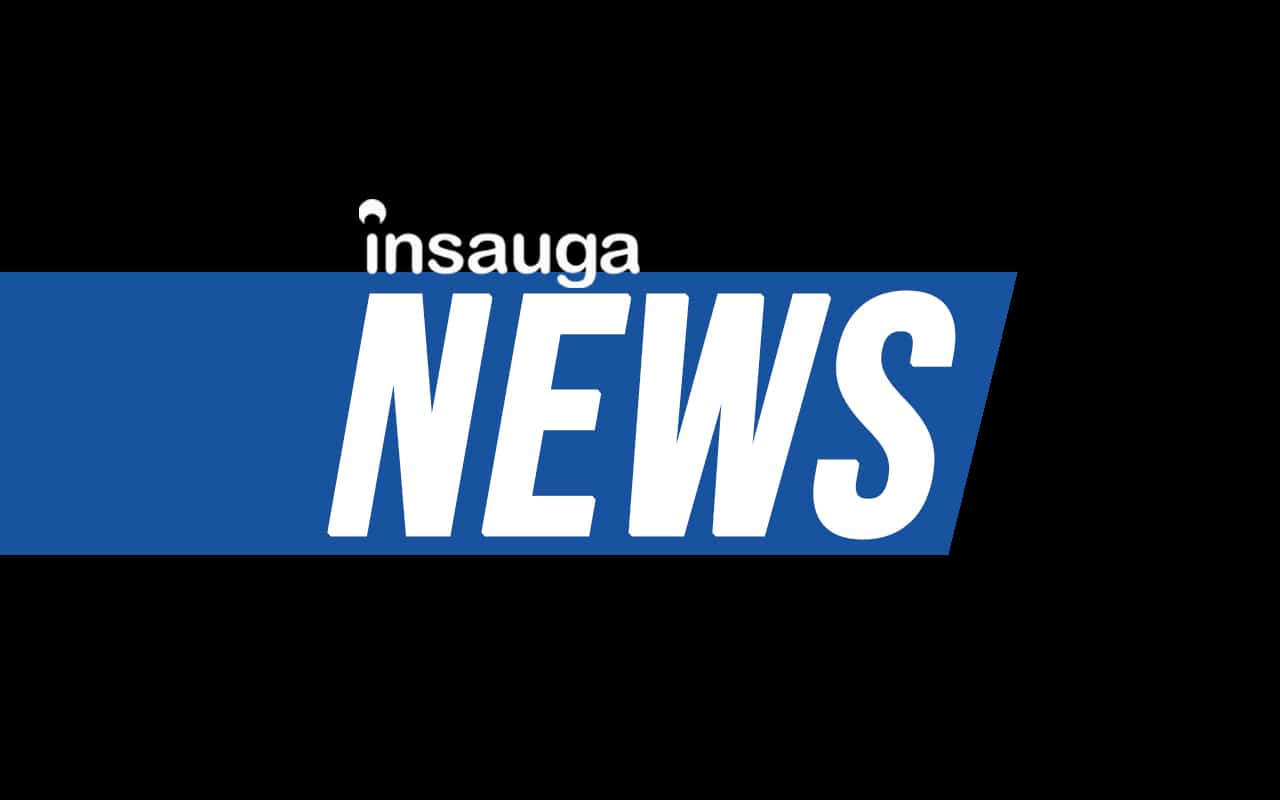A look at the latest COVID-19 developments in Canada
Published January 17, 2022 at 4:04 pm

A look at the latest COVID-19 news in Canada:
— Health Canada has approved Pfizer’s antiviral treatment for COVID-19 and the drugmaker says some of it has already been delivered for use. The treatment, known as Paxlovid, is expected to cut pressure on the health-care system because it can help prevent high-risk people from ending up in the hospital. But limited supplies mean the Public Health Agency of Canada is asking provinces and territories to prioritize the treatment for people at most risk of serious illness, including severely immune-compromised patients and some unvaccinated people over the age of 60.
— A winter storm delayed the return to in-person school across many Ontario school boards Monday, with some deciding to hold classes online in place of a snow day. The Toronto, York, Halton, Hamilton-Wentworth and Ottawa-Carleton district school boards were among those that cancelled the planned return to in-school learning. Environment Canada warned 45 centimetres of snow could fall by Monday evening over the Ottawa area. The Greater Toronto and Hamilton Area was expected to get between 40 and 60 centimetres.
— Canada’s largest airlines and its busiest airport are asking the federal government to drop its rule requiring vaccinated travellers to test on arrival for COVID-19. In a letter to Ottawa and the Ontario government, Air Canada, WestJet and Toronto’s Pearson airport called for a shift of testing capacity from airports to the community. “As the government has ramped up testing at airports for international arrivals, we have seen front line workers struggle to get PCR tests and lab processing capacity decrease significantly,” the letter says, citing schools, hospitals and long-term care homes as particular priorities. “There is a growing discrepancy between resources allocated to asymptomatic travellers and to those who need it most.”
— Some Manitoba students walked out of class to protest the return to school as COVID-19 numbers continue to rise. Fifteen-year-old Amelie Tetrault, who is in Grade 10 at College Louis Riel in Winnipeg, says she didn’t feel safe in class despite efforts by students and teachers. She and others are calling for enhanced safety measures in classrooms, better access to masks and an option to do online learning.
— Quebec is reporting 54 more deaths attributed to the novel coronavirus today and a rise of 81 COVID-19-related hospitalizations. The Health Department says 3,381 people are in hospital with the disease, after 303 patients were admitted within the past 24 hours and 222 were discharged. It says 286 people were in intensive care, a rise of four from the day before.
— Nova Scotia has become the first province in Atlantic Canada to reopen its schools to in-person learning. Students in about 400 public schools across the province had been learning remotely since Jan. 10 because of the threat to public safety posed by the Omicron variant. Nova Scotia Teachers Union president Paul Wozney says the government hasn’t done enough to ensure students and staff are protected from COVID-19, especially considering officials will not conduct contact tracing in schools.
— New Brunswick health officials say two more people have died from COVID-19. Officials say the latest deaths involve a person in their 80s in the Campbellton region and someone in their 90s in the Bathurst area. There have been 189 COVID-19-related deaths in New Brunswick since the onset of the pandemic.
— Health officials in Prince Edward Island are reporting 231 new cases of COVID-19, including new infections at two long-term care facilities. Chief public health officer Dr. Heather Morrison says there has been an average of 215 new cases per day over the last week. There are 1,934 active reported cases on the Island.
— Newfoundland and Labrador officials are waiting at least another week to relax public health restrictions following a surge in COVID-19 cases that began in late December. Health Minister John Haggie says the province will remain in Alert Level 4, which requires all households to limit their contacts to 10 people, among other rules. The province moved to Alert Level 4 on Jan. 4 and will stay there until at least Jan. 24, when officials will review the restrictions once again.
This report by The Canadian Press was first published Jan. 17, 2022.
The Canadian Press
INsauga's Editorial Standards and Policies








